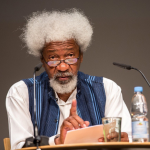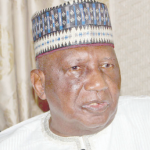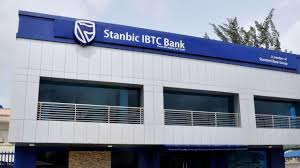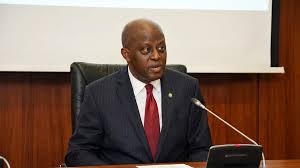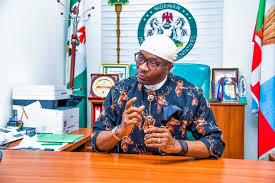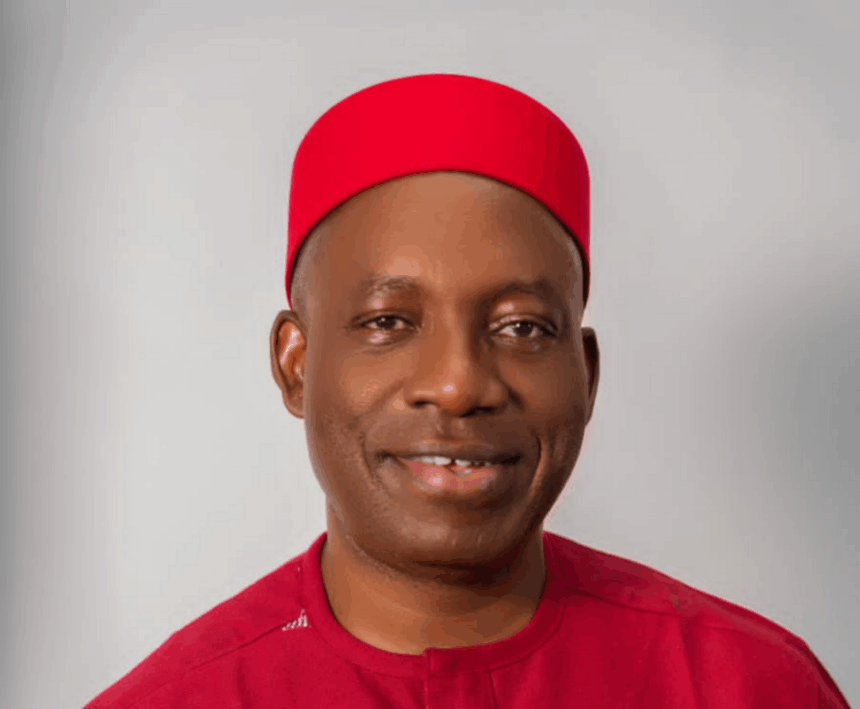Poll: Buhari’s primary school certificate, years in public service suffice – S’Court
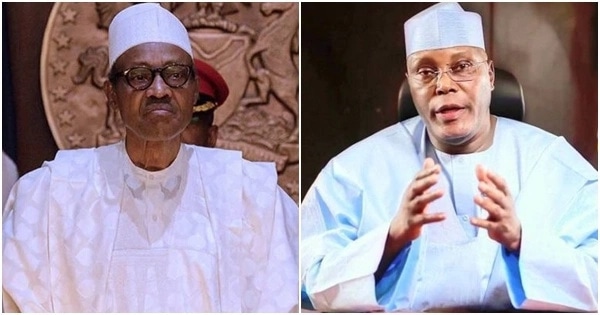
.Says President’s primary school certificate, years in public service suffice
The Supreme Court said on Friday that the issue of President Muhammadu Buhari’s qualifications to contest February 23, 2019 election which formed the main objection in the appeal filed by Atiku Abubakar was a constitutional issue and that Buhari is eminently qualified to contest.

The Apex Court stated this in its explanation on the reasons adduced for October 30, decision that dismissed the appeal filed by Atiku Abubakar and Peoples Democratic Party (PDP) challenging the judgment of Court of Appeal.
In a unanimous judgment by the seven-man panel of justices led by the Chief Justice of Nigeria, Justice Ibrahim Tanko Muhammad but read by Justice John Okoro, the Supreme Court said that the qualifications for a person seeking to contest the position of the president of Nigeria were clearly stated in Section 131 of Constitution.
The Supreme Court said that President Buhari was eminently qualified and met the requirements stipulated in Section 131 (d) of the Constitution that provides that an aspirant to the position of President should be educated to the secondary School level or primary six and have served in the public service for ten years and attended training, with ability to read and write in English Language and possessed any other qualifications acceptable to the Independent National Electoral Commission (INEC).
The court said that Buhari’s primary School certificate, certified copy of his Cambridge certificate, certified copy of his West African School Certificate (WASC), his group photograph of Katsina Secondary School and commendation letter from the Commandant of US war college for the then Major Muhammadu Buhari as well as his long service in public service two years of which he has served as military Head of State and four years as President suffice for the qualification requirement.
The court said that the provisions of the section are accorded it ordinary meaning, adding that an aspirant who possessed any of the qualifications stipulated in the section suffice.
The apex court also held that neither the constitution nor the electoral act require the respondent to attach certificate to INEC nomination form CF 001.
On the variation in the name between Mohamed Buhari as contained in the certificates and Muhammadu Buhari which he presently bear, the court agreed with the finding of the lower court that the names referred to same person and resolved issues one and two in favour of Buhari.
On issue three, which deal with whether Buhari scored the lawful votes cast at the election, the Supreme Court also agreed with the findings of the lower court that fact obtained from “www.fact don’t lie.ng Website” cannot be relied upon as it does not belong to INEC. It belongs to animus owner, a whistles blower.
Justice Okoro said the lower court was right to have rejected the votes obtained from the website which formed the case of the appellants.
“I am satisfied with the findings of the lower court which did not attach any probative value on the evidences of PW 59 and PW 60. This is issue is resolve in favour of the respondent,” he held.
On issue four, that the election was not in compliance with the Electoral Act, the Supreme Court said that the appellant failed to call witnesses that actually witnessed the voting, noting that the appellants only called five poll agents as witness across the country with over 250,000 polling units.
“The appellant also failed to tender the voter register. They tendered and dumped voluminous documents on court without calling the makers of the said documents to speak to the documents”.
The apex court also found that the lower court was right to have not attached any probative values on the documents that was tendered from the bar, adding that it is not the duty of the justices to speculate or fish out what the documents were all about.
The court further held that from the totality of the evidences and exhibits, the appellants could not prove the monumental allegations of corrupt practice. The issue was also resolved against the appellant.
On issue five, which questioned the lower court’s admission of Muhammadu Buhari’s photocopy examination result as an exhibit, when the lawyer through whom they were tendered was not the makers, the Supreme Court said that the documents were properly admitted and witnesses testified on them.
Meanwhile, the appellants and their counsel on Friday boycotted the court session. Dr. Alex Izinyon (SAN), who led President Buhari defence team, sought to know whether the Court sent them hearing notice.
Justice John Okoro confirmed that the appellants were served with hearing notice on Wednesday. He said however that the Court would go head to give to the reasons despite their conspicuous absence.


